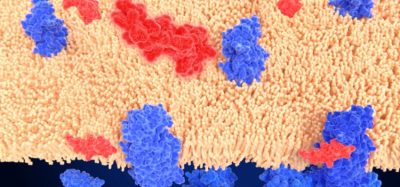Safety warnings for opioid medicines in UK to be added to labels
Posted: 2 October 2020 | Victoria Rees (European Pharmaceutical Review) | No comments yet
Warnings about addiction will be added to the patient information leaflets of opioids, the MHRA has announced.


The UK Medicines and Healthcare products Regulatory Agency (MHRA) has announced that additional warnings are now to be added to the patient information leaflet of opioid medicines. The move is to reinforce safety warnings, making it clear that the medicine is an opioid and can cause addiction. The leaflets will also warn patients that there can be withdrawal symptoms if they stop taking their medication suddenly. According to the MHRA, more information and warnings are to be provided throughout the leaflet.
The agency also says that patients who take prescribed or over-the-counter opioids for non-cancer pain will now be given stronger warnings about the risk of dependence and addiction.
Minister for Innovation Lord James Bethell said: “It is vital that patients are given the right support and guidance on the dangers of long term use and the strengthening of these labels is a crucial step forwards in protecting patients and saving lives.”
The MHRA Director of Vigilance and Risk Management of Medicines, Sarah Branch said: “Last year, we announced that opioid-containing medicine packaging must carry warnings. Now, we are strengthening those warnings to ensure that opioid medicines are supplied with consistent information on how to manage the risk of addiction. This is a further step forward in helping to promote the safe use of these pain-relieving medicines.”
Following concerns raised about the prescribing rates of opioids in the UK, the Opioid Expert Working Group (EWG) of the Commission on Human Medicines (CHM) developed a set of recommendations to improve information for prescribers and patients and to protect public health. These recommendations were fully supported by CHM and formed the basis of the MHRA’s new warnings.
While the CHM continues to consider opioids as important and effective medicines in the treatment of short-term pain relief, they have advised against their long-term use in the treatment of non-cancer pain, due to the risk of dependence and addiction.
Related topics
Related organisations
Commission on Human Medicines (CHM), Opioid Expert Working Group (EWG), UK Medicines and Healthcare products Regulatory Agency (MHRA)









